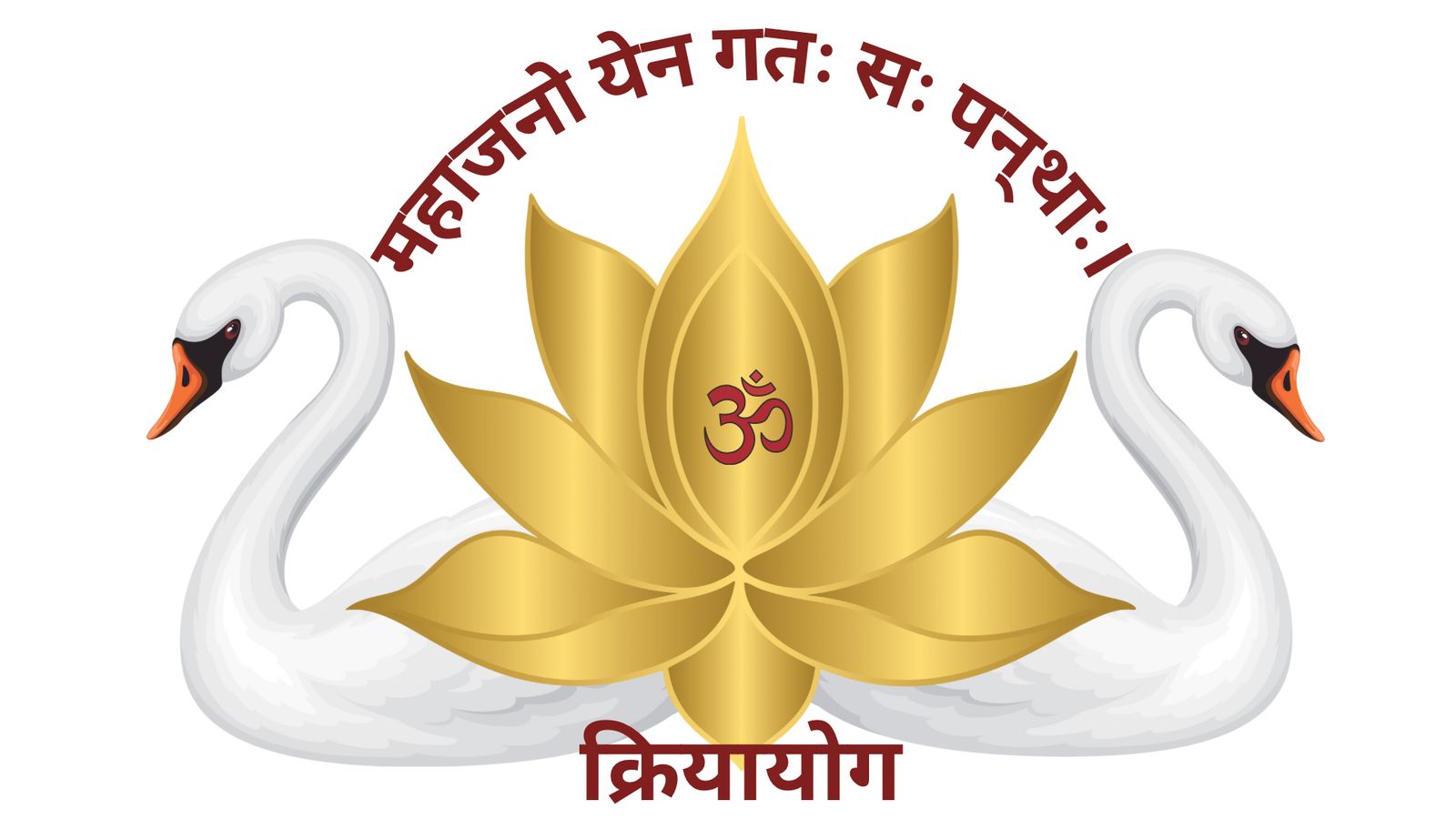

The word ‘kriya’ is a Sanskrit word derived from the Sanskrit root ‘kri’, this means ‘to act’, ‘to do’. So ‘kriya’ means ‘action’ or ‘activity’. When we talk about ‘Kriya Yoga’ we are not talking about each and every activity we are doing in this mundane world. We talk about those activities that establish us in the state of Yoga. The meaning of Yoga is Samadhi, yuj samadhau. In other words Yoga is union, yujir yoge;
Click here to read the full article...
Our life is worshiping and body is a temple, we should have this belief. Then only there shall be peace in our life. As we keep the deity room or meditation room in our house clean, our temples clean similarly we have to keep this body temple that is a real one clean; then only God will sit there. We have to leave all the forbidden actions and have to surrender ourselves before God. And for that we have to make our internal subtle organ, mind, very pure.
Click here to read the full article...
Meditation is a Science. Though this practice is simultaneous along with the creation, human civilization is yet to tap the vast potential of meditation. This practice leads to a peaceful life overcoming anxieties and hankerings, so that one can live a healthy life free from stress and psychosomatic diseases which are a present day trend. Meditation keeps mind concentrated which in turn ensures success in every field of activity. . Moreover, for seekers there is higher the goal of wisdom that is achieved through this practice, and this leads to eradication of sufferings.
Click here to read the full article...
Kriya-yoga lineage of masters used to say, “Breath control is self-control and breath mastery is self-mastery”, and again, “Breathlessness is deathlessness. In the breathless state of Samadhi, there happens the realization of the Absolute”. Are these simply to highlight the Kriya techniques, or, are these exaggerations? The answers are certainly in the negative. It needs some careful analysis to understand the underlying meaning of these sayings. When one takes birth from his/her mother’s womb with the physical body one starts to breathe, and when the breath departs, the body dies.
Click here to read the full article...
Purity in our day to day life is of utmost importance for a spiritual journey as well as for a normal happy living and a harmonious society. This has been emphasized from the Vedic age and even the modern thinkers put onus on it be it Mahatma Gandhi or Shri Aurobindo. Shri Aurobindo has said, “Do not imagine that truth and falsehood, light and darkness, surrender and selfishness can be allowed to dwell together in the house consecrated to the Divine. The transformation must be integral and integral therefore the rejection of all that withstands it” (The Mother: Ch. 1).
Click here to read the full article...
In present day world we all have become slaves to our mind. Whatever we do, we do simply being swayed away by our emotions, influenced by our thoughts and desires or being attracted by allurements. But this should not be like this. We have to be master of our mind. If we go according to the wrong ideas of our mind we will commit mistakes. For example we may meet a person ugly in outlook and develop an unwelcome attitude towards the person but the person may be very nice by nature. This means we are deluded by the ideas of our mind and could not be able to take a right decision.
Click here to read the full article...